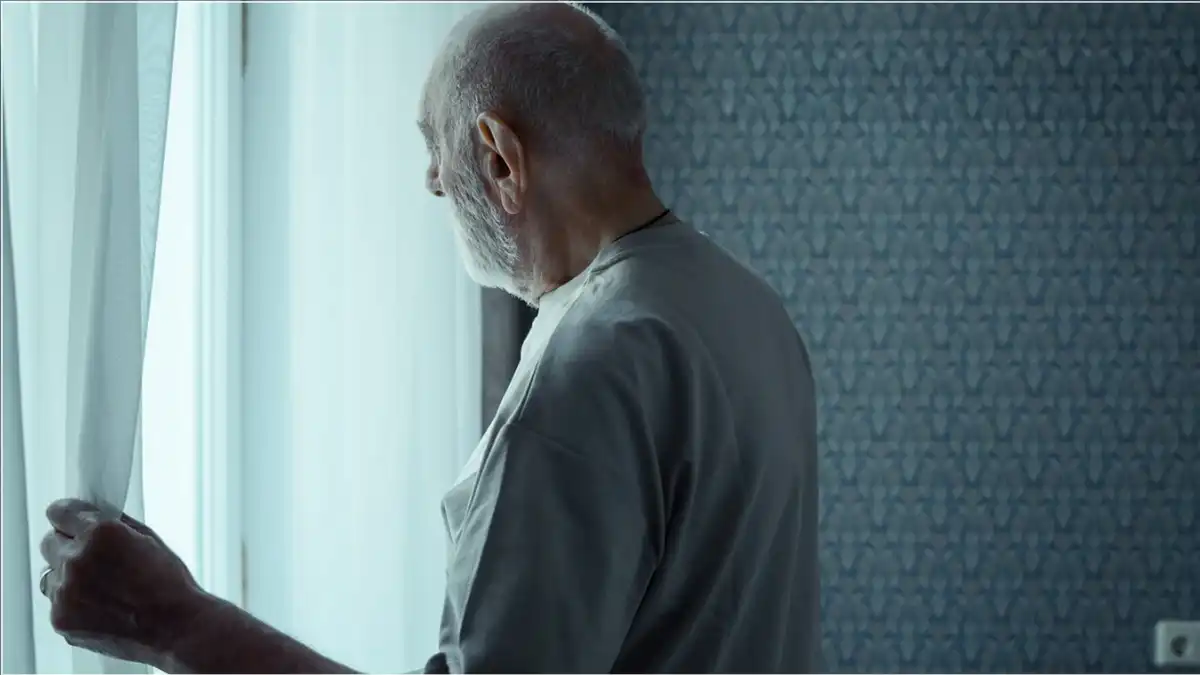Let's Talk About the Stigma No One Wants to Name

When we talk about mental health stigma, many people picture teenagers or young adults — but the reality is that older adults are one of the groups most deeply affected.
For generations, mental health was not something people openly discussed. Many older adults grew up in an era where admitting to depression, anxiety, or grief was seen as weakness.
That stigma doesn't just disappear with age. In fact, it often shows up in ways that directly affect their care:
- Unspoken struggles: Older adults may downplay or hide symptoms of depression or anxiety, chalking it up to “just getting old.”
- Avoiding help: Fear of being judged or labeled “unstable” can keep them from accepting counseling, medication, or even simply talking about how they feel.
- Physical decline: When mental health isn't addressed, it can worsen physical conditions, increase isolation, and reduce overall quality of life.
As caregivers, this means you may be seeing more than meets the eye. What looks like resistance, forgetfulness, or withdrawal could actually be untreated mental health needs.
At Sage Solutions, we believe mental health is health — and when we support the emotional well-being of older adults, their care as a whole improves. Our team works to create safe, judgment-free spaces where both aging loved ones and their families can share what's really going on, and then connect them with the right resources.
Because caring for someone's future means caring for both their body and their mind.
If you're a spouse or family member noticing changes in mood, behavior, or outlook in your loved one, know that you don't have to navigate it alone.
We're here to help.
